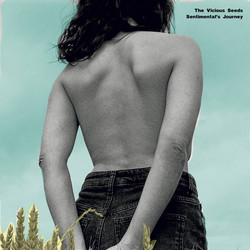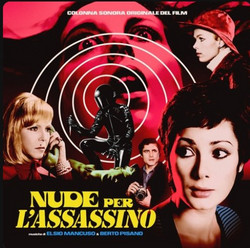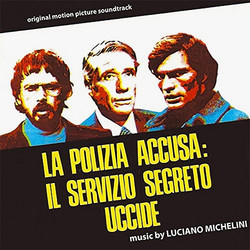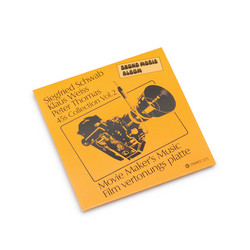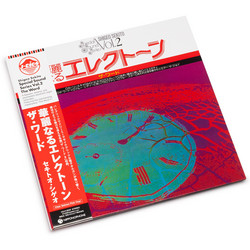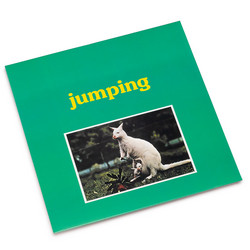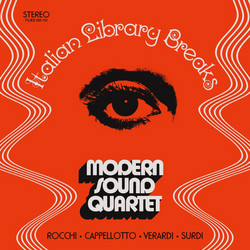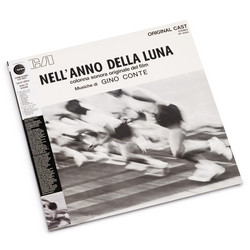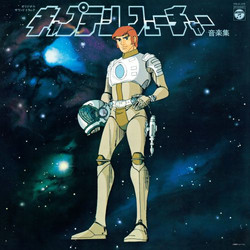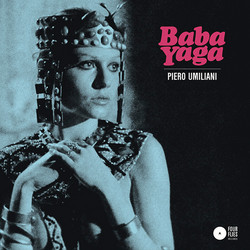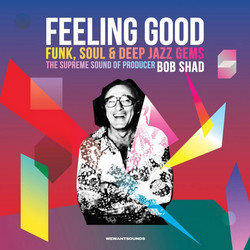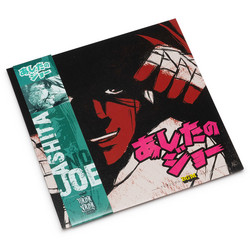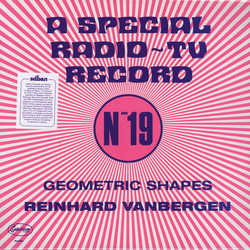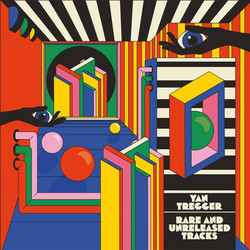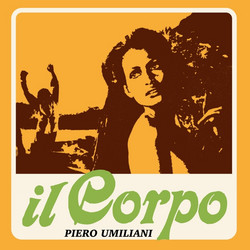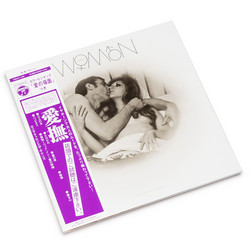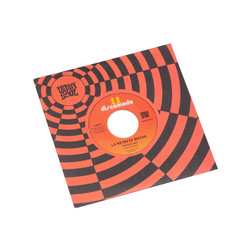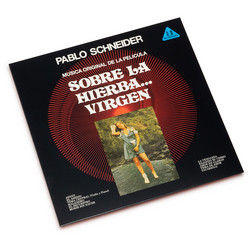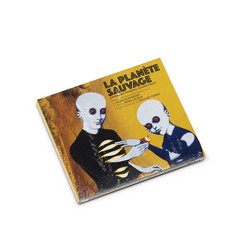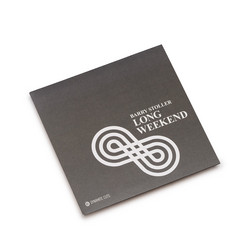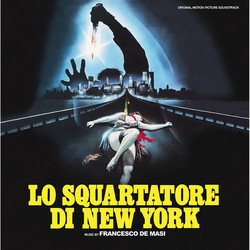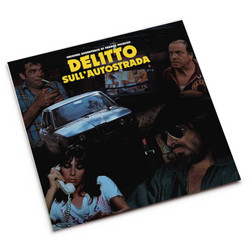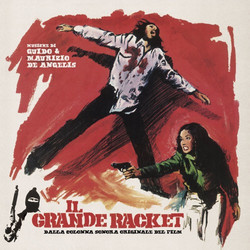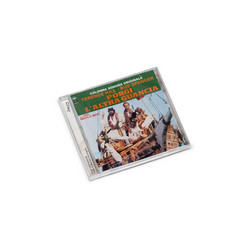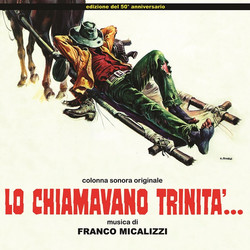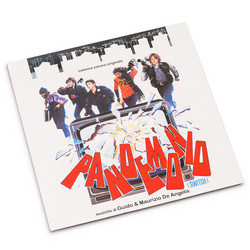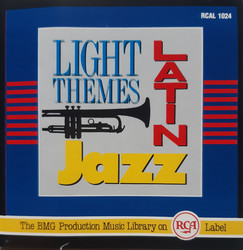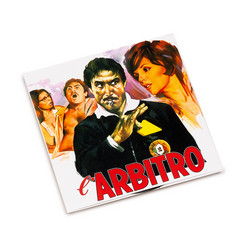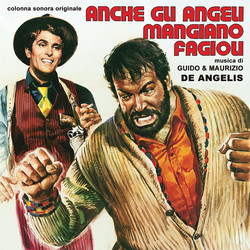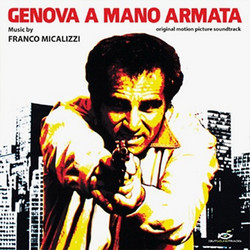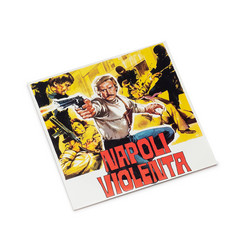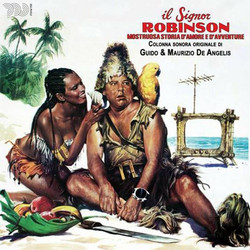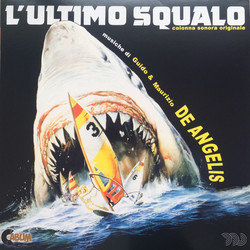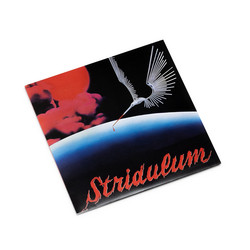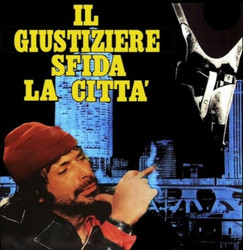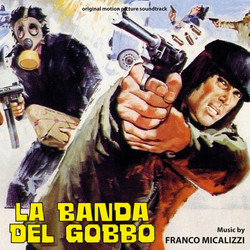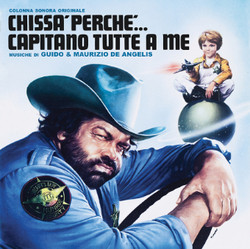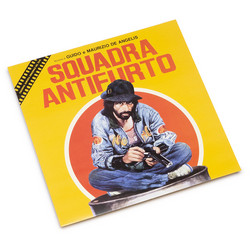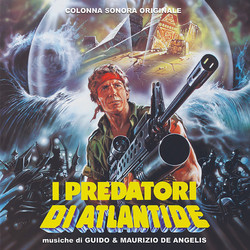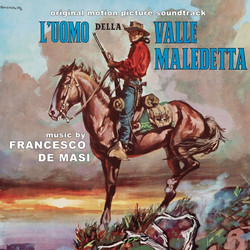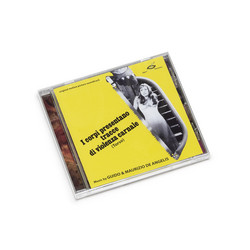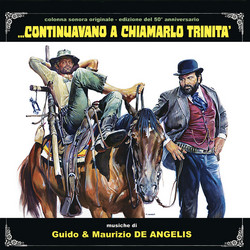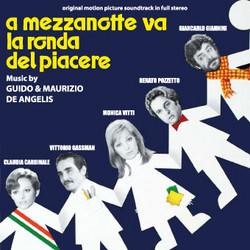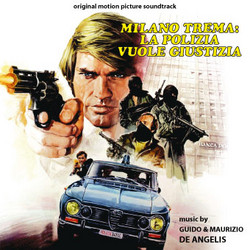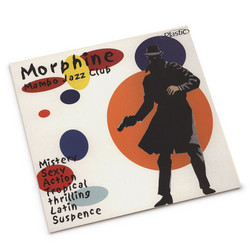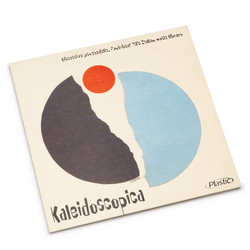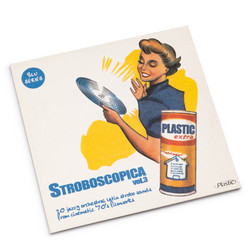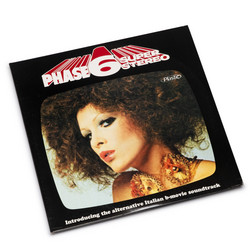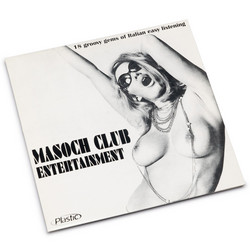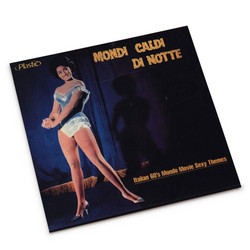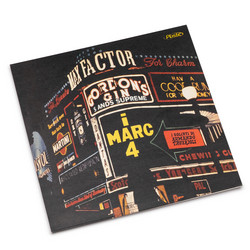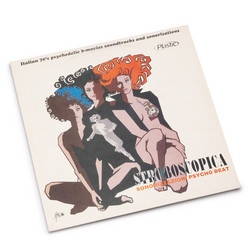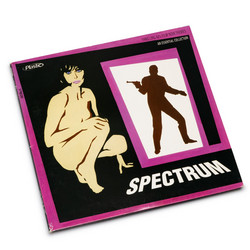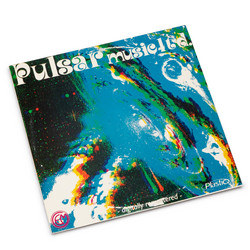Francesco De Masi, Guido and Maurizio De Angelis, Franco Micalizzi
Piombo Rovente (LP)
Lucky restock. A Journey Into The 70's Italian Police! Screeching tyres on rain-slicked Roman cobblestones. A Fiat 131 careening through Trastevere at midnight. The dull thud of a silenced Beretta. And underneath it all, the relentless pulse of wah-wah guitar, pounding drums, and funky flute lines that refuse to let go.
Piombo Rovente captures the sonic DNA of Italy's most visceral cinematic era: the poliziottesco. These were films born from the "Years of Lead"—a nation caught between political violence, organized crime, and institutional corruption—filtered through the lurid lens of genre cinema. Directors like Umberto Lenzi, Marino Girolami, and Franco Martinelli delivered unflinching portraits of urban chaos, and the composers represented here gave those images their adrenaline-fueled heartbeat.
Francesco De Masi (1930–2005) began his career in the shadow of his uncle, composer Achille Longo, before becoming one of Italian cinema's most prolific voices. From spaghetti westerns to Lucio Fulci's The New York Ripper, De Masi's range was extraordinary—but his crime scores reveal a particular genius for tension and release. Here, tracks from Napoli Spara, Roma Violenta, and La Macchina Della Violenza showcase his gift for propulsive orchestration and moody atmospherics. His conservatory training at San Pietro a Majella in Naples gave him the harmonic sophistication to push beyond simple genre conventions, while his instinct for rhythm kept the music firmly rooted in the streets.
Working alongside De Masi during these years was Franco Micalizzi (b. 1939), perhaps best known internationally for the whistled theme to They Call Me Trinity that launched a thousand spaghetti western parodies. But Micalizzi's poliziottesco work is darker, more urgent—a different animal entirely. His main theme from Italia a Mano Armata would later resurface in Quentin Tarantino's Death Proof, introducing a new generation to his ferocious grooves. The contributions included here, drawn from Roma A Mano Armata and featuring several previously unreleased cues, demonstrate why Micalizzi was Lenzi's composer of choice for films like Syndicate Sadists, Rome Armed to the Teeth, and Violent Naples.
The collection's third pillar comes from Guido and Maurizio De Angelis, the Roman brothers who moonlighted as Oliver Onions. Born in Rocca di Papa just outside the capital, the duo began their professional career in 1963 as arrangers for RCA Italiana, quickly establishing themselves as go-to session musicians for composers like Ennio Morricone, Riz Ortolani, and Armando Trovajoli. They're immortalized for their Bud Spencer/Terence Hill comedies—Dune Buggy remains an irresistible earworm across Europe—but their crime scores pulse with distorted guitars and driving rhythms that reveal a harder edge beneath the pop accessibility. Tracks from La Polizia Incrimina, La Legge Assolve and Milano Violenta find them at their most intense.
Ortolani himself contributes "Il Consigliori," while Pulsar Music Ltd. rounds out the collection with the hypnotic "Incessante," originally composed for Milano Violenta—a piece of stripped-down electronic experimentation that points toward the synthesizer scores that would dominate the following decade.
What emerges across these 26 tracks is not merely a compilation but a document of a moment when Italian popular music achieved a kind of dangerous perfection. Conservatory-trained composers channeled American funk, progressive rock, and orchestral tradition into something entirely their own. This was music designed to accompany images of violence, yet it transcends its origins—the grooves too infectious, the melodies too haunting, to remain mere accompaniment.
Piombo Rovente—literally "burning lead"—refers to bullets. But it could just as easily describe what these composers did to magnetic tape.
"A Journey Into The 70's Italian Police O.S.T."
